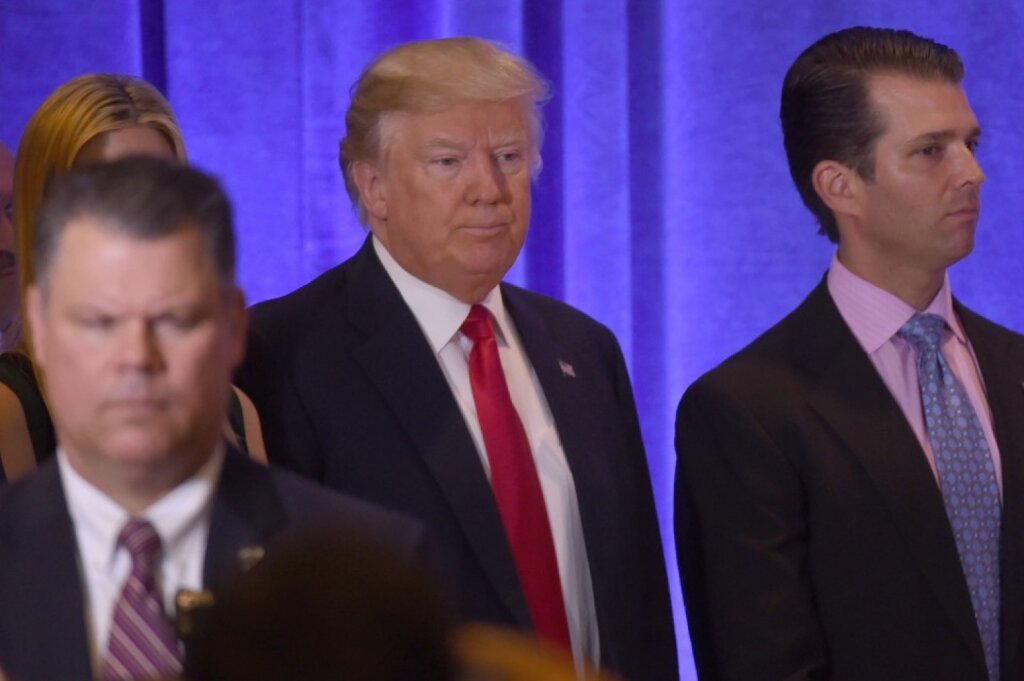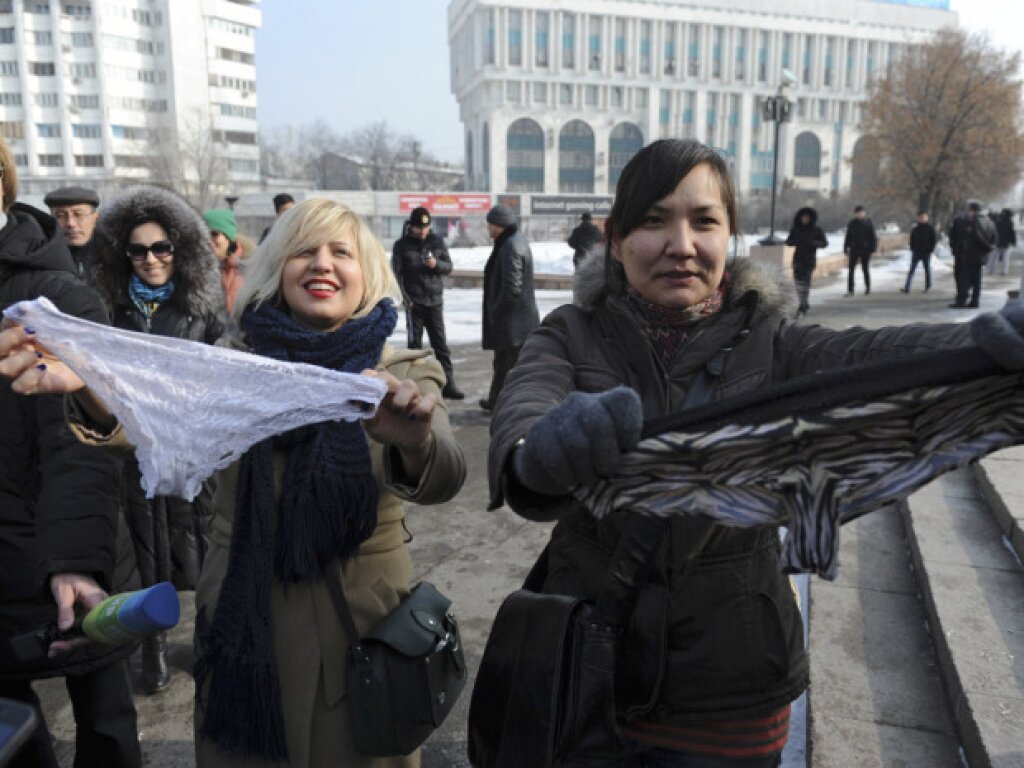This essay was originally posted to The Monkey Cage.
On Tuesday, news broke — in rather sensational fashion — that U.S. intelligence agencies had briefed both President Obama and President-elect Donald Trump on the possibility that Russia possesses compromising information on Trump. While questions continue to swirl about the veracity of this (and other) claims in the “Trump Dossier,” as David Filipov and Andrew Roth have pointed out here at The Washington Post, the idea that Russia could have tried to gather “kompromat” on Trump, as such material is known in Russian, does not come as a surprise to longtime Russia watchers.
For further clarification, I reached out to American University political scientist Keith Darden, who has been studying the use of kompromat in the post-Soviet space for years. What follows is a lightly edited version of our conversation.
Joshua Tucker (JT): What exactly is kompromat?
Keith Darden (KD): Kompromat is literally compromising material. It typically involves documented evidence of illegal activity, particularly financial crimes or corruption for which someone could be subject to arrest and imprisonment if the information were to come to light and be prosecuted. Kompromat can also involve morally compromising information.
One of the most famous cases in Russia was the release of a video of a man who “strongly resembled” State Prosecutor (the Russian equivalent of Attorney General) Yuri Skuratov, cavorting in bed in a Moscow hotel room with two prostitutes. Since that time, the release of kompromat of a sexual nature on a high-level official is often referred to as getting “the Skuratov treatment.” But most kompromat never comes to light. After it is released, it ceases to be useful to those who hold it.
JT: Why is that? How does kompromat involving political figures work differently in politics in the former Soviet states?
KD: Good question. In U.S. political campaigns, we have opposition research or digging up dirt — or kompromat — on rival candidates, but the goal is always to bring the material to light in order to damage the opposing candidate and help your candidate win. The material gets released.
In the former Soviet states, where the legacy of the KGB is still very strong, kompromat is systematically collected and held in trust as a way to exert influence and control over people, particularly members of the political elite. It is rare that the material is actually released. Instead, information about illegal activities is collected by the security services, by private entities, and used to control people through blackmail.
The logic is simple: If you know that “the services” have a file on you, with information that could get you arrested or destroy your career, you are not very likely to step out of line politically. You might find yourself asked to perform favors for the people who hold that information.
In post-Soviet societies where you previously had extensive domestic spying and surveillance operations, and corruption is widespread, the use of blackmail is systematic and is one of the bases for maintaining political control. This is why when you see a member of the elite — like Mikhail Khodorkovsky in Russia or Yulia Tymoshenko in Ukraine — mount a political challenge, it suddenly comes to light that they cheated on their taxes, embezzled funds or committed some other crime that warrants their arrest.
The widespread use of kompromat as a way to keep the elite of a society under control is why in the past I have referred to some of the post-Soviet states — and Ukraine in particular — as “blackmail states.” I had a laugh this morning when I read that the former head of the FSB, Russia’s KGB successor organization, said that they are not in the business of collectingkompromat. It is their stock in trade. It is the tradecraft of most intelligence services.
JT: How plausible is it that someone in Russia has kompromat on Donald Trump? And what effect would that material be likely to have?
KD: If Trump committed any questionable financial transactions involving Russian money, or had any sexual transgressions on his trips to Moscow, it is very likely that those episodes would be documented — either by the FSB or by his business partners in the hope of using that information for future influence and leverage.
The Financial Times has run several stories discussing some of Trump’s links to Russian money. And as a result of the campaign, we know more than we want to about his sexual advances and predilections. The possibility of Trump falling for a Russian “honey pot” paid to be receptive to his sexual overtures seems plausible enough.
Even if we ignore the recently released material — and there is a good case for doing that — other information in the public record is the sort of material that might prevent a typical American from getting a security clearance, precisely on the grounds that they could be subject to blackmail by a foreign power. But it appears that we as Americans have decided this does not preclude someone from qualifying for president of the United States.
And herein perhaps lies the silver lining in the “golden” rain cloud. Would it really change anyone’s views of Donald Trump to learn that he cavorted with young women on his trips to Moscow, perhaps unaware that they were prostitutes working for the Russian mob or Russian intelligence? Probably not. And if not, it would make whatever the Russians or anyone else might have on Trump less effective as a means of blackmail and influence.
Illegal actions might matter more, of course. If there were financial transactions that violated U.S. law, this could be grounds for impeachment. But we might just have a president who is so scandalous that he is immune to the political consequences of scandal. In terms of our nation’s vulnerability to potential Russian kompromat, that actually might not be a bad thing.



